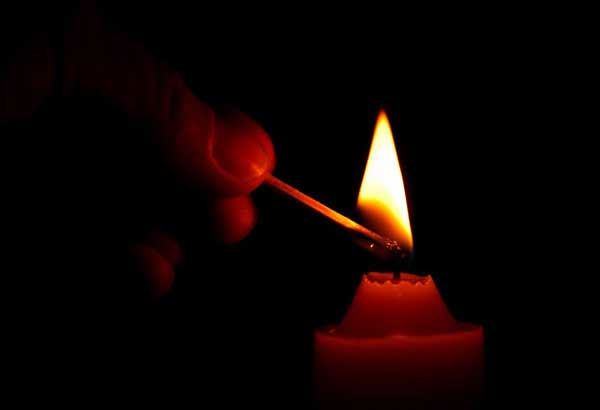
DoE may issue new subsidy policy for power supply to remote areas
By Adam J. Ang – October 15, 2020 | 7:45 pm
from Business World

THE Department of Energy (DoE) is studying a new policy for subsidies on power supplied to remote areas, including the removal of missionary charges currently being paid by consumers.
Last year, the department issued its guidelines on off-grid power development that, among others, calls for the rationalization of tariffs in off-grid areas.
In an Oct. 8 advisory, Energy Undersecretary Emmanuel P. Janueza said the government, assisted by the European Union-Access to Sustainable Energy Programme, started the study, which will “provide evidence-based analysis on the demand side aspects of the subsidy rationalization framework.”
The DoE said the subsidy rationalization aims to “ensure an efficient and well-targeted provision of subsidies and to reduce the social inequity in the implementation of the program.”
After completing the study in December, it will later come up with strategies to overhaul its tariff structure in areas not connected to the grid.
This will include the “phase-out” of the universal charge-missionary electrification (UC-ME) in a “socially acceptable manner at a certain transition period.” The government said a year ago that it would not outright remove the bill component and subsidy “without appropriate safety nets” for affected off-grid households.
Consumer group Laban Konsyumer in a recent petition asked the Energy Regulatory Commission to “stop and abandon” the collection of the missionary charge. The National Power Corp. (Napocor), which collects the charge, is seeking an increase of five centavos to P0.2055 per kilowatt-hour (kWh).
The present UC-ME rate was set in 2015. Since 2013, the bill component has been raised more than four times to P0.1561/kWh from P0.0373/kWh.
Laban Konsyumer has raised the possibility of overcollection of the missionary tariff due to the dwindling fuel costs of its beneficiary power generators.
Meanwhile, the DoE said the collection of UC-ME charges will continue for both existing and upcoming power providers “until a new tariff and subsidy rationalization policy is issued” and implemented by the government.
It told the Napocor, National Electrification Administration, and new power providers to observe “collective due diligence” in signing off on new power supply agreements involving the UC-ME “in line with energy efficiency and the subsidy rationalization policy.”


